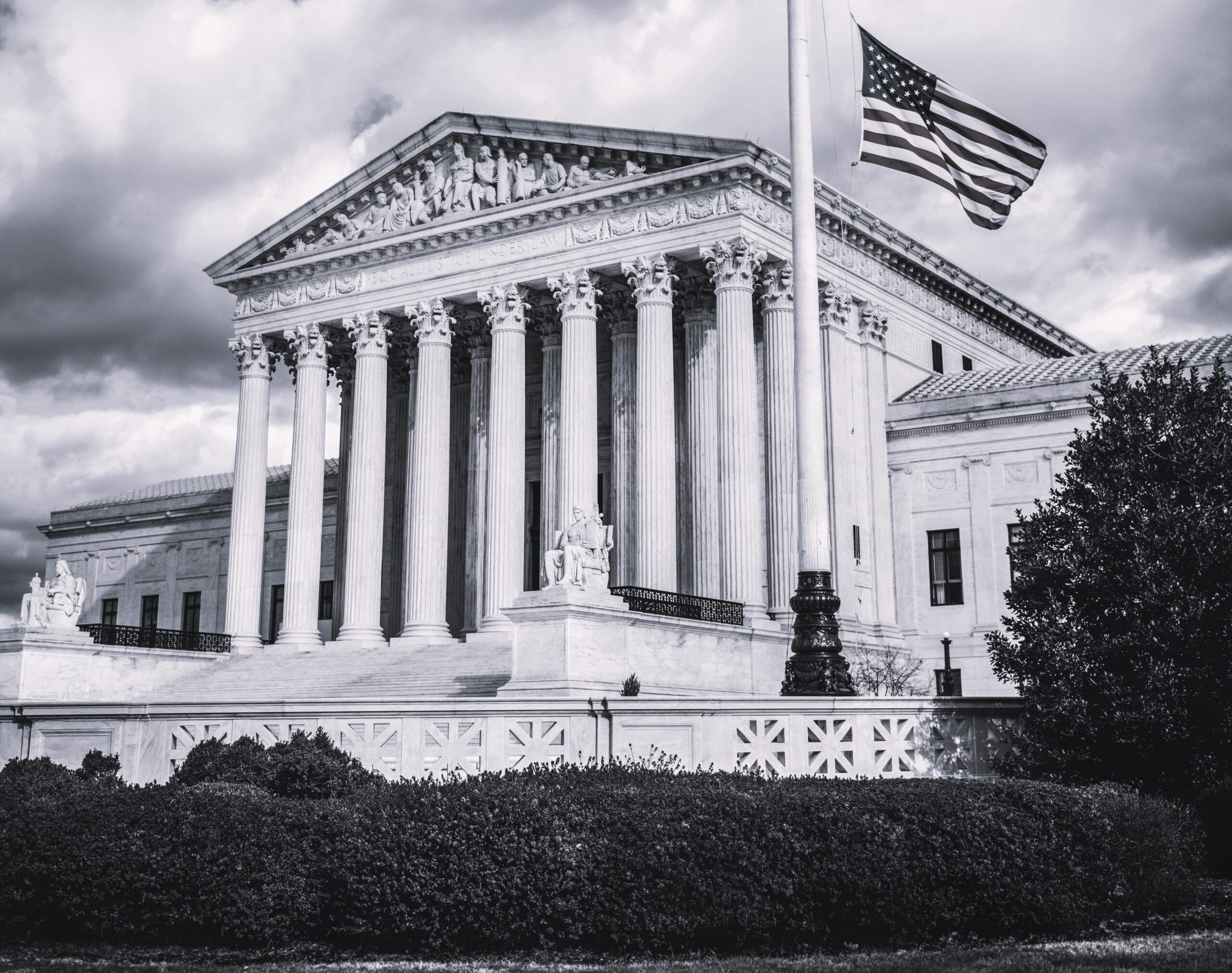U.S. Supreme Court Issues Key Decision on FLSA Burden of Proof

On January 15, 2025, the United States Supreme Court ruled in E.M.D. Sales, Inc., et al. v. Carrera et al., that the Fair Labor Standards Act’s (the “FLSA”) exemptions do not require a heightened burden of proof. The decision held that the “preponderance of the evidence” standard – rather than the more onerous “clear and convincing” standard – applies when an employer seeks to demonstrate that an employee is exempt from the minimum-wage and overtime-wage provisions of the FLSA.
Background
In an FLSA dispute, the employee/plaintiff bears the burden to prove the employer failed to pay overtime wages. If the employer/defendant claims that no overtime wages are due because an exemption applies, it is the employer’s burden to prove the exemption is applicable. The issue before the Supreme Court in E.M.D. Sales, Inc. was the level of proof required from such an employer.
Summary of the Decision
In E.M.D. Sales, Inc., the plaintiffs were employed by the defendant food distributor as sales representatives who managed inventory and took orders at grocery stores. The employer classified them as ineligible for overtime under the “outside sales” exemption, which applies when the employee’s primary duties involve making sales or obtaining service contracts, and the employee customarily works outside of the employer’s place of business. The employees in E.M.D. Sales, Inc. sued seeking unpaid overtime wages. After a bench trial, the District Court for the District of Maryland concluded that the defendant failed to prove by “clear and convincing evidence” that the employees qualified as outside salespersons under the FLSA exemption, and ordered the employer to pay overtime wages and liquidated damages. On appeal, the employer argued that the District Court should have applied the less stringent preponderance of the evidence standard, rather than the clear and convincing evidence standard. The United States Court of Appeals for the Fourth Circuit disagreed with the employer, and affirmed the judgment of the District Court. The employer then appealed to the Supreme Court.
In a unanimous decision, the Supreme Court concluded that the preponderance of the evidence standard was the default evidentiary standard in civil litigation, unless the particular circumstances warrant deviation from this standard, such as: (1) where a statute requires a heightened standard, (2) where the Constitution mandates a heightened standard, or (3) in certain rare situations involving coercive government action.
In its written opinion, the Supreme Court noted that, absent one of these three circumstances, it had not otherwise applied a heightened standard of proof in civil matters. Therefore, the Supreme Court held that because FLSA claims did not implicate any special circumstances, the default preponderance standard governs. The Supreme Court rejected the employees’ policy-based arguments for a heightened standard by highlighting that other workplace protection laws are meant to advance important public interests but similarly do not impose a higher burden. The Supreme Court specifically pointed to Title VII of the Civil Rights Act (“Title VII”), which is aimed at eradicating discrimination in the workplace, and noted that the preponderance standard is appropriate in such cases. Accordingly, the FLSA’s burden shifting framework, like that of Title VII, may be satisfied by the default preponderance of the evidence showing. The Supreme Court accordingly reversed the Fourth Circuit and remanded for further proceedings consistent with the default standard.
Takeaway for Employers
Properly classifying employees as exempt or nonexempt is vital to avoiding significant legal exposure and penalties. The Supreme Court’s decision in E.M.D. Sales, Inc. reaffirms the standard that governs FLSA cases and informs employers what level of proof they will need to demonstrate in order to justify classifying their employees as exempt under federal law. Employers should also consider and ensure compliance with applicable state laws regarding employee classification and minimum/overtime wages.
As the law continues to evolve on these matters, please note that this article is current as of date and time of publication and may not reflect subsequent developments. The content and interpretation of the issues addressed herein is subject to change. Cole Schotz P.C. disclaims any and all liability with respect to actions taken or not taken based on any or all of the contents of this publication to the fullest extent permitted by law. This is for general informational purposes and does not constitute legal advice or create an attorney-client relationship. Do not act or refrain from acting upon the information contained in this publication without obtaining legal, financial and tax advice. For further information, please do not hesitate to reach out to your firm contact or to any of the attorneys listed in this publication.
Join Our Mailing List
Stay up to date with the latest insights, events, and more




